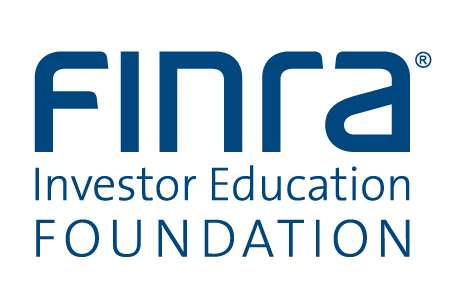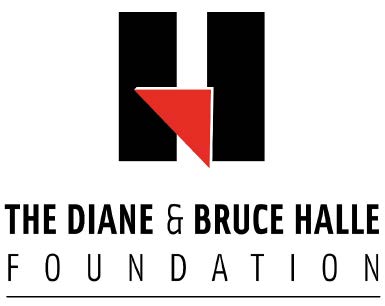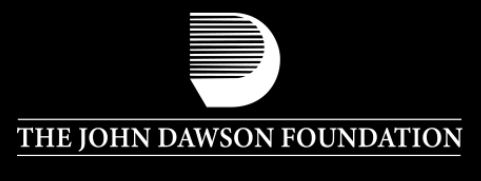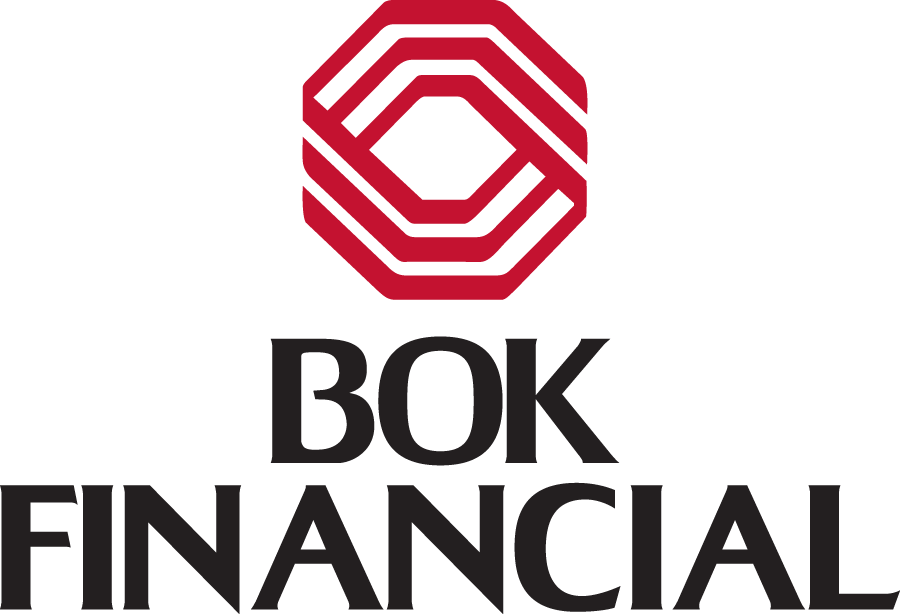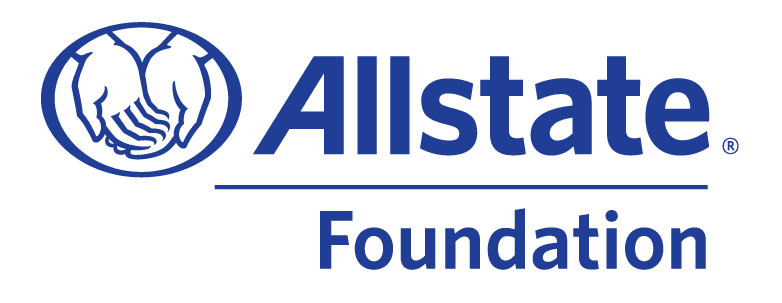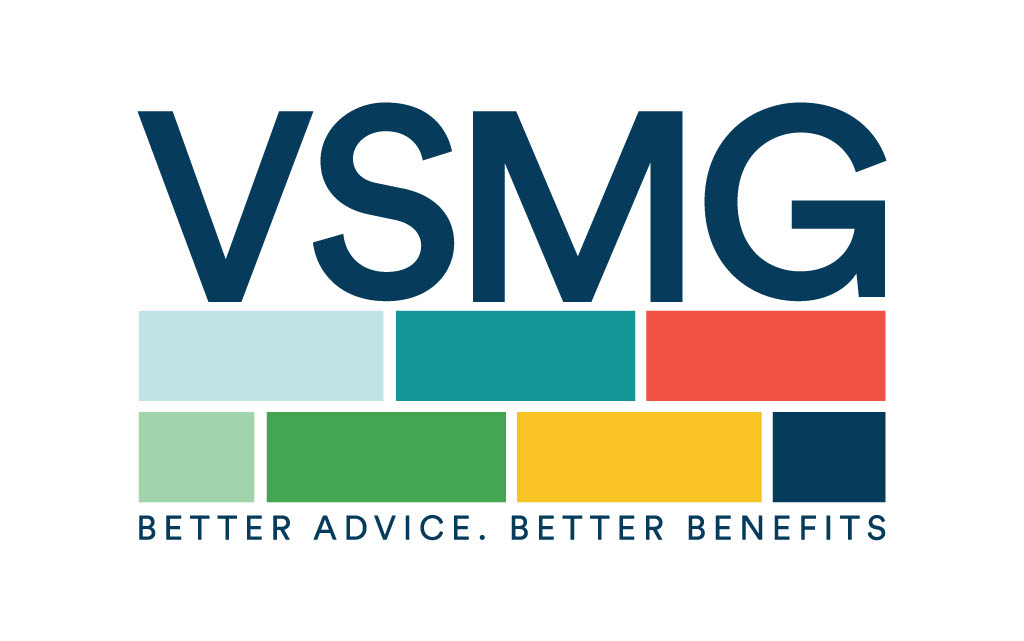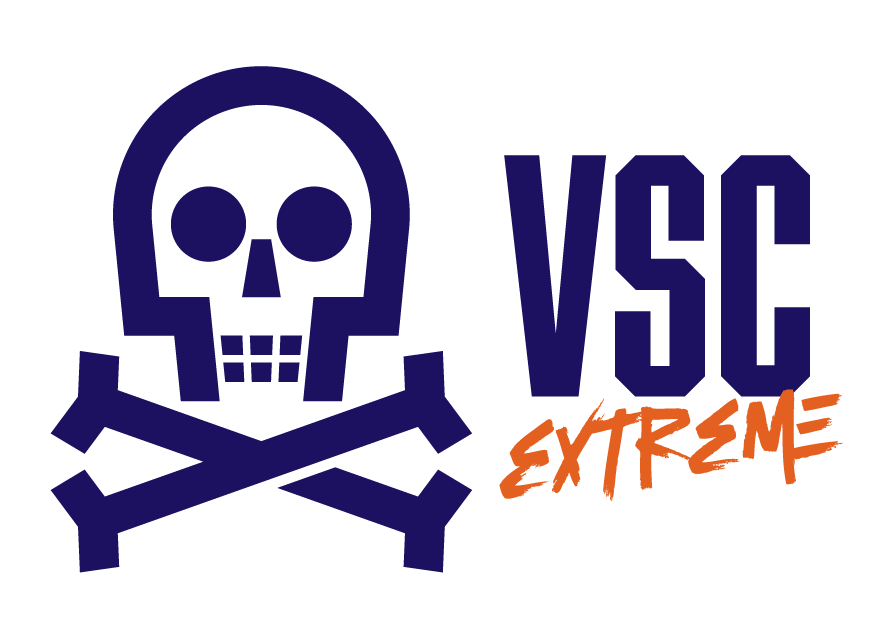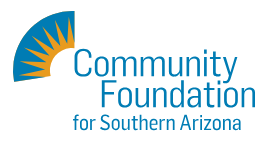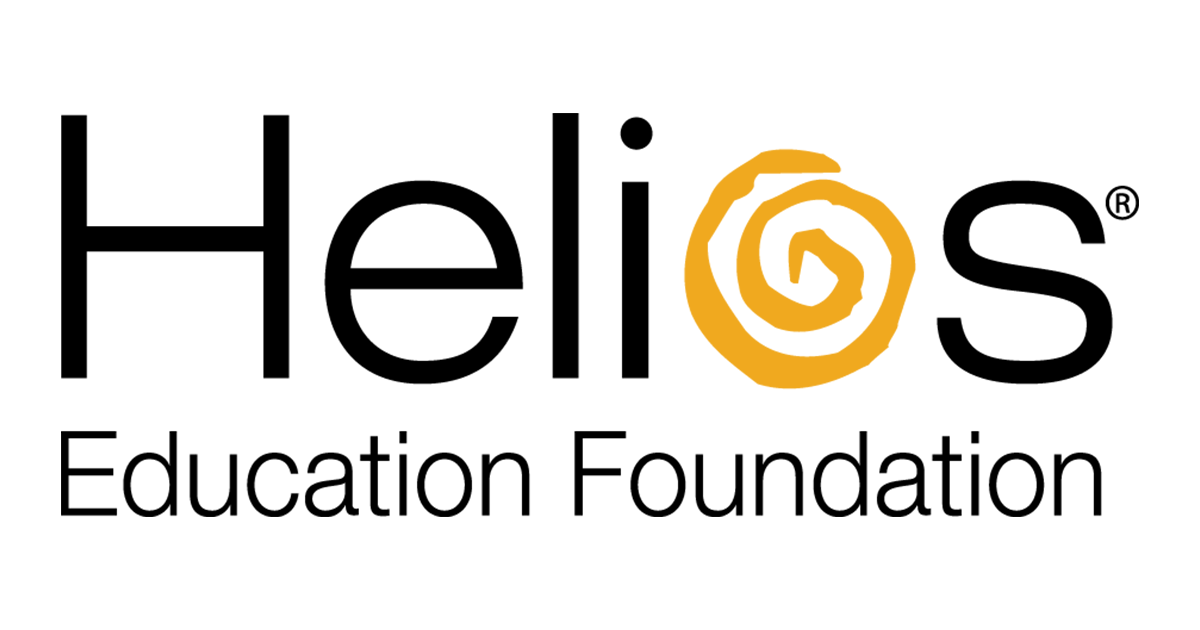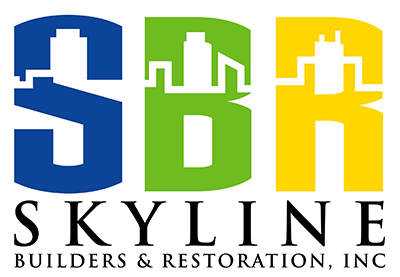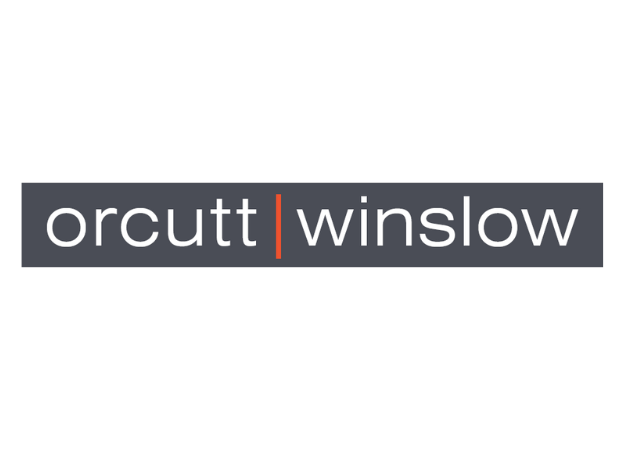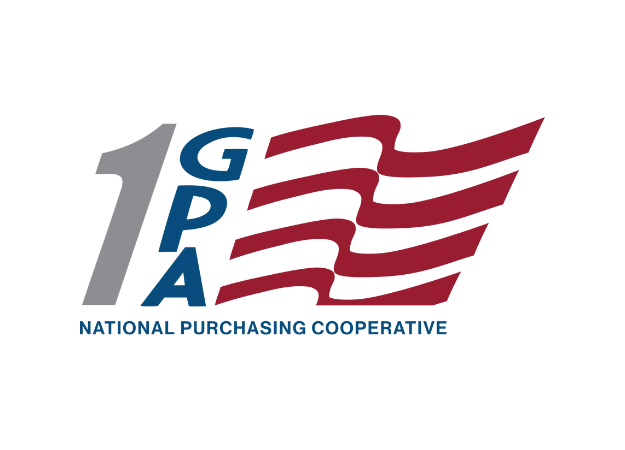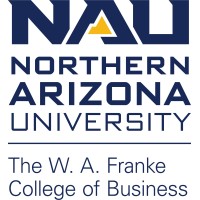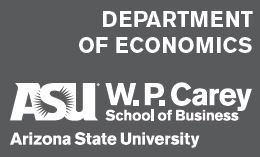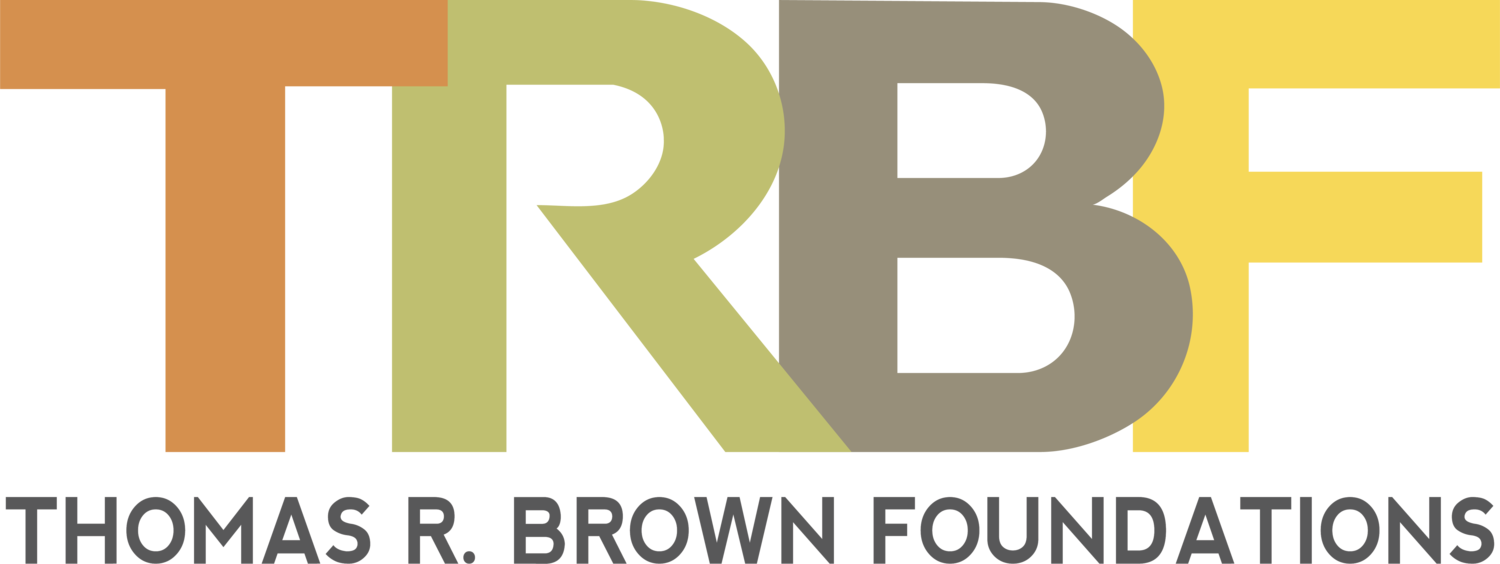About Us
The Arizona Council on Economic Education (ACEE) is a 501(C)3 nonprofit organization dedicated to entrepreneurship, economic and financial literacy, and workforce development in Arizona.
Who we are
ACEE is a statewide organization in Arizona which: has a strong, affiliated academic base with universities and community colleges; partners with the Arizona Department of Education and the Federal Reserve Bank; prepares teachers in teaching and students in learning personal finance, economics and entrepreneurship; and distributes proven economic education resources to schools free of charge.
Serving 300,000 primarily low-income students annually
Our Mission

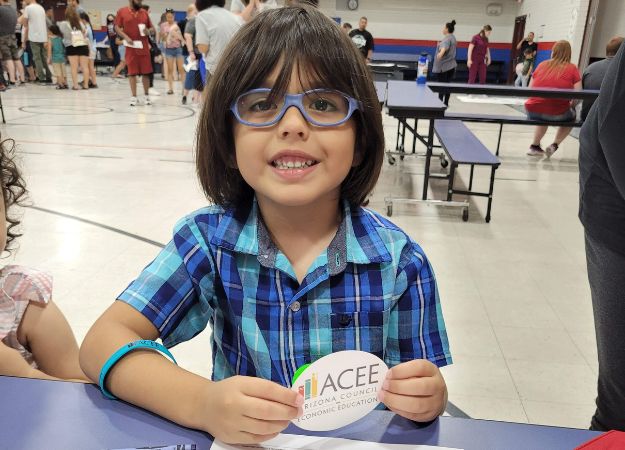
Our Commitment
We are committed to diversity and inclusion to achieve the mission of ACEE. We embrace all backgrounds, life experiences, and perspectives in our everyday work and relationships. We strive to achieve equity for all Arizona students through economic education.
Our Strategy
More than 300,000 students in Arizona, the majority of whom come from low-income backgrounds, receive ACEE programs each year. Our strategy to deliver the programs and services is three-fold: training Arizona K-12 teachers, engaging students and coaching parents. By empowering teachers, community volunteers and parents, students are supported to become productive and responsible participants in a global economy.
Affiliated Councils and Centers
Network of Affiliated Councils for Economic Education
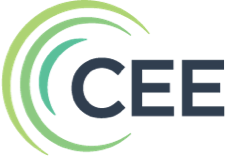
According to the historian David Martin, Ph.D., economic education can be traced back to the summer of 1948 on the campus of New York University. More than 70 educators and economists from across the country were in attendance. These educators went home and created “Councils for Economic Education” in cities, counties, and states. Later, this would evolve into a more systematic nationwide network of state councils for economic education, along with university-based Centers for Economic Education.
Today, councils exist in many US states. Each operates independently but contributes to a national network of affiliates of economic educators within the national Council for Economic Education.
One of the strongest councils is in Arizona, and that strength can be traced back to the beginnings, and the work of Thomas R. Brown, Dr. Gerry Swanson and John Morton. They believed economic education was fundamental to the institution of personal responsibility and a prosperous society. They believed teachers can multiply the impact of economic education. Economic and financial literacy is essential not only to the long-term economic success of Arizona and the United States, but, more importantly, to the economic well-being of each individual.

